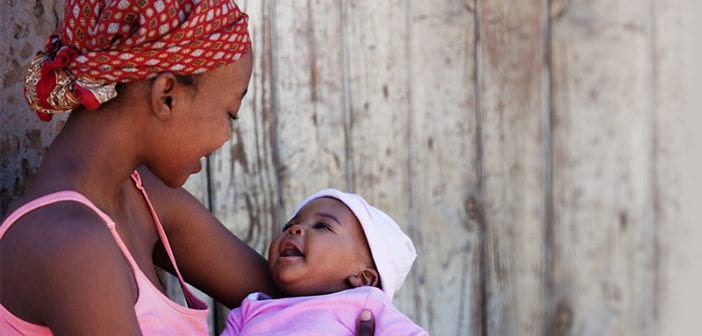The sanctity of human Life requires that we protect Life from conception to natural death. Abortion is a violent and unjust action that takes the Life of a preborn child. That means that no matter how a person was conceived, he or she is worthy of the same Right to Life as any other human being. A child conceived in rape is no exception.
Recently, an unexpected source shared moving stories that shatter the stereotypes about babies conceived in rape. The Washington Post featured several personal stories following the release of a report about the children conceived in rape during Rwanda’s tragic genocide in 1994. The violence killed 800,000 people, and the perpetrators raped an estimated 250,000 women. The Washington Post reports that this mass crime resulted in the birth of as many as 20,000 children conceived in rape. Now, 23 years later, those children are entering adulthood.
The data collected by aid organizations make clear that the lives of these children have not been easy. They are pejoratively called “children of killers,” because many of their fathers were Hutu militants who murdered Tutsis in the 100-day genocide. Some of the children were even rejected by their families, Tutsis who saw the innocent children as painful reminders of the violence. Many of them live in poverty and suffer from HIV, which was often present at birth. Nonetheless, the latest research on the children born from unspeakable trauma is remarkably hopeful.
To illustrate the resilience seen in the data, the Washington Post featured the stories of three children now entering adulthood. Angel, Albert, and Ntare have stories very different from each other, but they share the common thread of having been conceived in rape. Angel, 22, lives with her mother, who tried to kill Angel but found healing through counseling and her Christian faith. Angel’s mother lost her husband and two other daughters in the genocide. Through healing, she came to see Angel as a gift from God. Angel and her mother now have a close relationship and wait for the results of Angel’s exam results to determine whether she can go to college or start work selling tomatoes.
Albert also waits for the next step in his education. His mother did not have the money to raise Albert and his brother, who was also conceived in rape, so she sent the boys to an orphanage. They remained in touch, and she visited her sons once a year. The education Albert received at the orphanage helped him achieve excellent grades and test scores, and he hopes to study in the United States or Canada.
Ntare works in construction, but his true passion is music. He learned about his father when he was 12, and the revelation inspired him to write songs about his experience. Ntare has not told most people in his life about his father, but he wants to record a song to send to a DJ who broadcasts homemade tracks for free. While making the song public would mean he’d have to tell his girlfriend about his father, he wants other “children of killers” to hear his music and not feel alone. He calls the song simply “Son of Rwanda.”
One of the remarkable aspects of each of these stories is that the children conceived in rape have loving relationships with their mothers. The stories vividly illustrate that the father alone is the criminal, the innocent child does not deserve the punishment of death.
The abortion industry continues to demand that victims of rape be offered abortion only. This is a double tragedy. Not only is the woman victimized by the rapist but also the abortion industry that violently takes the life of her child. In recent years, groups like Save the 1 have shared the powerful stories of women who chose Life after conceiving in rape and the stories of the children who were born in such tragic circumstances. The real-life examples of healing and hope allow us to see the faces behind the “rape exception” and are changing minds and hearts about what being Pro-Life really means. The stories of young Rwandans coming of age demonstrates the possibilities for hope and healing following even the most horrific tragedies.


